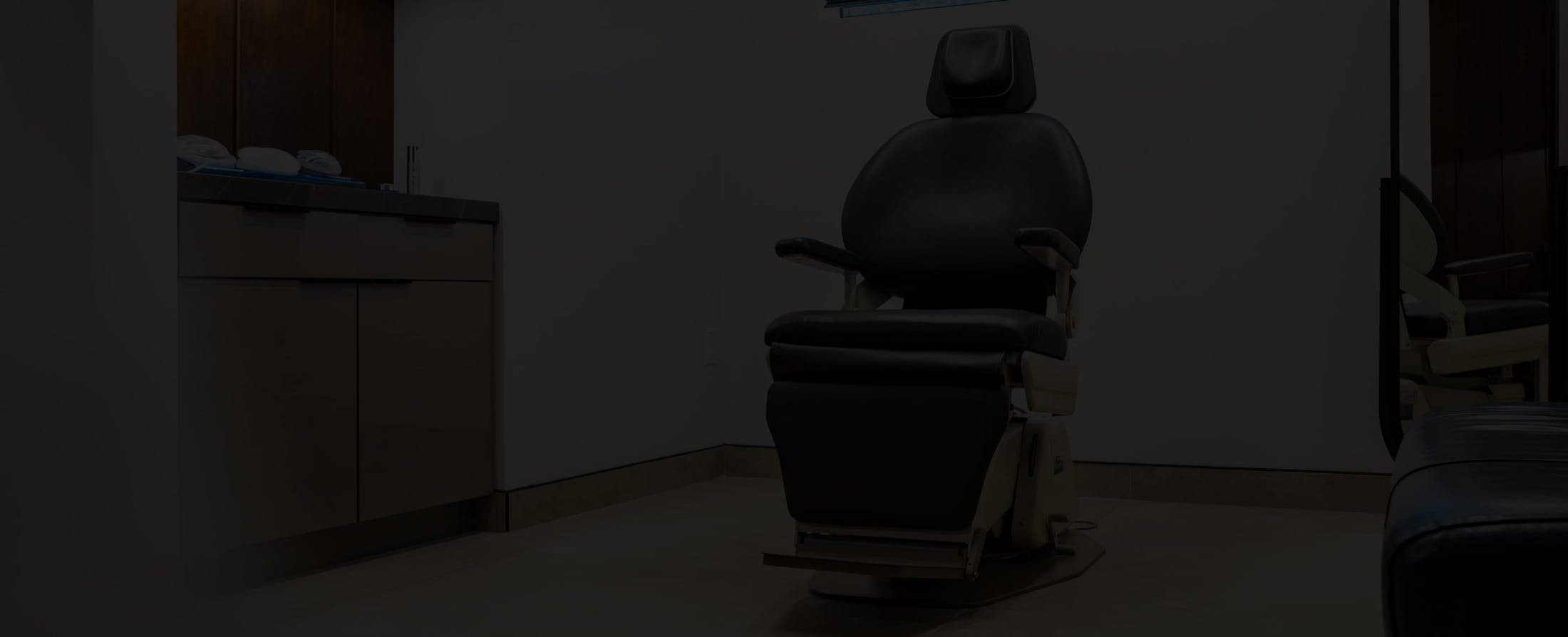Breast implant illness is typically a self-diagnosed condition in persons who believe various adverse physical reactions or events are associated with their breast implants.
What is breast implant illness (BII)?
Breast implant illness can affect a small percentage of women who undergo breast augmentation. While there is no official diagnosis for the disease, it should be treated seriously. Often, the best course of action is implant removal, which helps to relieve symptoms and restore balance and harmony to the system. Dr. Rahban can perform customized breast implant removal with a seamless, natural-looking outcome that restores self-confidence as well as peace of mind.









